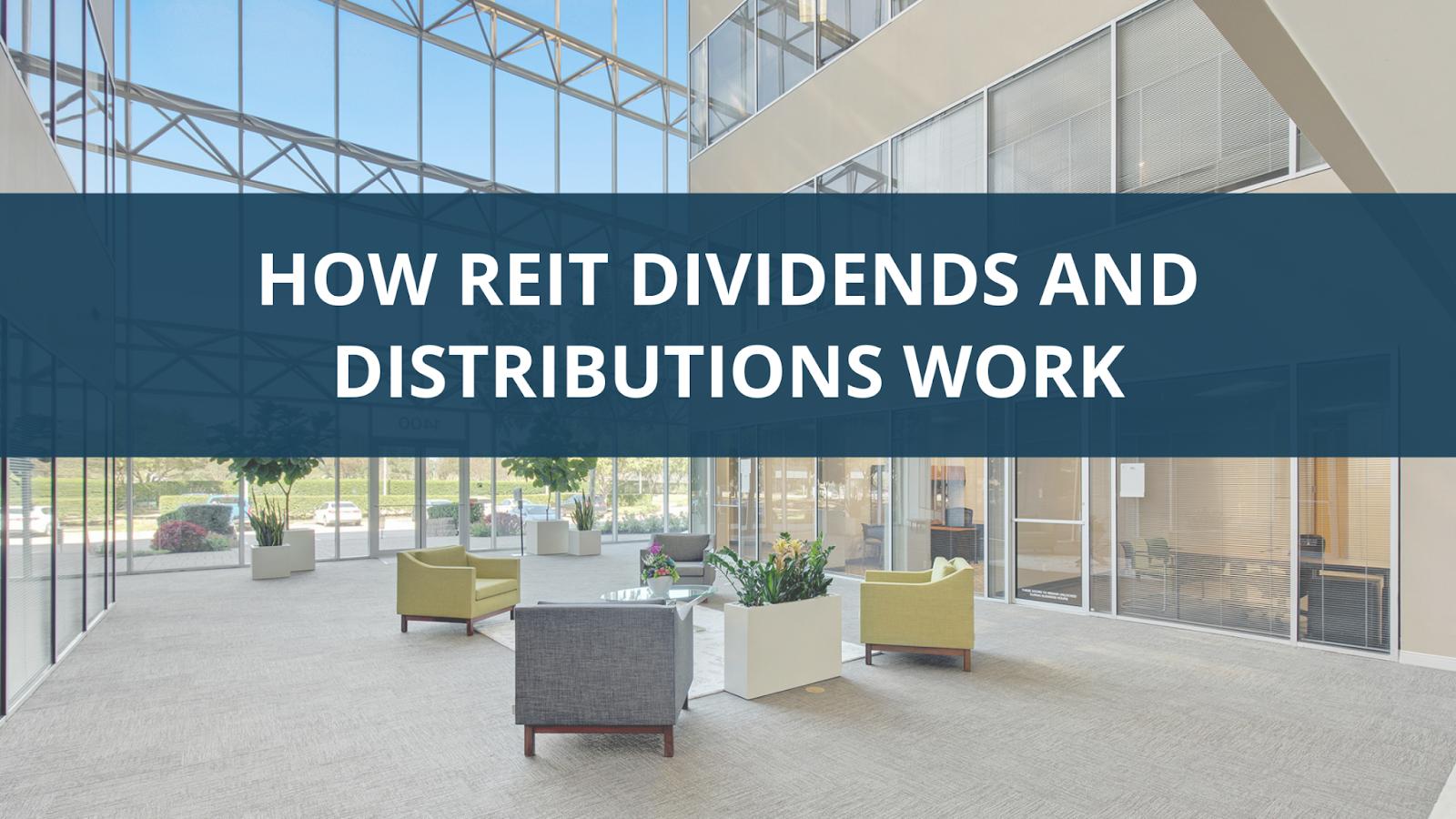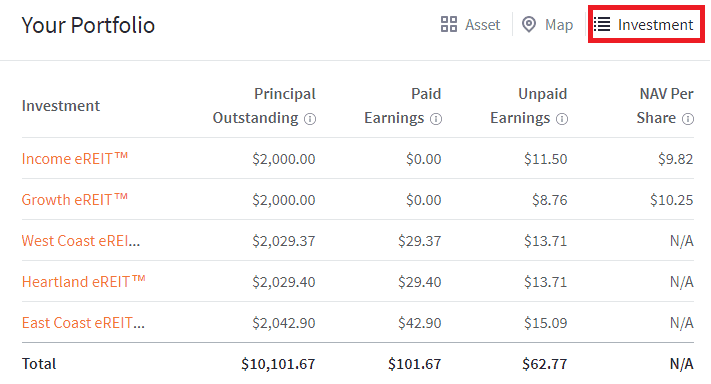
We'll discuss in this article why trading margin is dangerous and how we can minimize the risk. A small capital investment is required to trade on margin. It does not incur transaction fees or costs. Margin use does not require a deposit or impose a fee. You must choose the right leverage to suit your level of skill. You can learn more about the different types of leverage from this article.
Margin trading is a risky strategy
Margin trading has both its advantages and drawbacks. Forex markets are constantly changing and currency prices can be affected if there are geopolitical tensions or central bank policies. Margin requirements vary by region, but typically start at 3.3% for popular currency pairs. To place a $50,000 buy order, a trader would need $3,300. It is important that you understand your broker's margin requirements before you trade.

It requires a small amount of capital
Leverage is also known by forex margin. It's a financial tool that allows you trade with a limited amount of capital. This type allows you to trade larger positions with a lower capital. This feature is crucial for Forex trading, especially if your trading skills are limited. Leverage allows traders to take greater risks and earn more profit in the FX market.
It isn't a transaction fee or a charge for registering.
Forex margin can sometimes be mistakenly referred as a transaction or fee. Margin is a percentage you have to deposit in your account before you can keep an open position. You will need to deposit a certain amount depending on the size of your trade. This can change temporarily in times of high volatility such as those leading up to the release of economic data. While this deposit does not incur a transaction or fee, it is an essential part of your trading activity.
It is not a deposit
Traders often have misconceptions about Forex margin. This is a deposit of good faith that is required to open new positions. This amount is typically communicated by the broker as a percentage or nominal value. Traders should not deposit more money than their account can handle. Stock dealers trading on margins was responsible for the 1929 stock market collapse. Although the 1929 stock crash was not an ideal example for how to properly manage Forex margins, it is an important part of forex trading.

It is not borrowed money
Forex margin cannot be borrowed money. You need to be aware however of the risks. The margin requirements vary from currency pair to currency pair. The best rule of thumb is that you use the lowest interest rate for the currency pair in which you are investing. However, even if your interest rate is low, the carry amount will still be lower than what you anticipate. There are exceptions. Margin borrowing may not be a good option for you if you are an experienced trader with high risk tolerance.
FAQ
What is the difference between non-marketable and marketable securities?
The main differences are that non-marketable securities have less liquidity, lower trading volumes, and higher transaction costs. Marketable securities are traded on exchanges, and have higher liquidity and trading volumes. Because they trade 24/7, they offer better price discovery and liquidity. There are exceptions to this rule. Some mutual funds, for example, are restricted to institutional investors only and cannot trade on the public markets.
Non-marketable security tend to be more risky then marketable. They typically have lower yields than marketable securities and require higher initial capital deposit. Marketable securities are typically safer and easier to handle than nonmarketable ones.
For example, a bond issued in large numbers is more likely to be repaid than a bond issued in small quantities. The reason for this is that the former might have a strong balance, while those issued by smaller businesses may not.
Because of the potential for higher portfolio returns, investors prefer to own marketable securities.
Why is a stock security?
Security is an investment instrument whose worth depends on another company. It can be issued as a share, bond, or other investment instrument. If the underlying asset loses its value, the issuer may promise to pay dividends to shareholders or repay creditors' debt obligations.
How do I invest my money in the stock markets?
Brokers can help you sell or buy securities. Brokers buy and sell securities for you. Trades of securities are subject to brokerage commissions.
Banks typically charge higher fees for brokers. Banks are often able to offer better rates as they don't make a profit selling securities.
If you want to invest in stocks, you must open an account with a bank or broker.
If you use a broker, he will tell you how much it costs to buy or sell securities. He will calculate this fee based on the size of each transaction.
Ask your broker:
-
To trade, you must first deposit a minimum amount
-
whether there are additional charges if you close your position before expiration
-
What happens when you lose more $5,000 in a day?
-
How many days can you keep positions open without having to pay taxes?
-
How you can borrow against a portfolio
-
Transfer funds between accounts
-
how long it takes to settle transactions
-
How to sell or purchase securities the most effectively
-
How to Avoid fraud
-
how to get help if you need it
-
Can you stop trading at any point?
-
How to report trades to government
-
How often you will need to file reports at the SEC
-
What records are required for transactions
-
If you need to register with SEC
-
What is registration?
-
How does it affect me?
-
Who is required to register?
-
When should I register?
What is a bond and how do you define it?
A bond agreement between 2 parties that involves money changing hands in exchange for goods or service. It is also known by the term contract.
A bond is usually written on paper and signed by both parties. The bond document will include details such as the date, amount due and interest rate.
A bond is used to cover risks, such as when a business goes bust or someone makes a mistake.
Bonds are often combined with other types, such as mortgages. The borrower will have to repay the loan and pay any interest.
Bonds can also be used to raise funds for large projects such as building roads, bridges and hospitals.
A bond becomes due when it matures. This means that the bond's owner will be paid the principal and any interest.
Lenders can lose their money if they fail to pay back a bond.
How Does Inflation Affect the Stock Market?
The stock market is affected by inflation because investors need to pay for goods and services with dollars that are worth less each year. As prices rise, stocks fall. You should buy shares whenever they are cheap.
Statistics
- "If all of your money's in one stock, you could potentially lose 50% of it overnight," Moore says. (nerdwallet.com)
- Individuals with very limited financial experience are either terrified by horror stories of average investors losing 50% of their portfolio value or are beguiled by "hot tips" that bear the promise of huge rewards but seldom pay off. (investopedia.com)
- Our focus on Main Street investors reflects the fact that American households own $38 trillion worth of equities, more than 59 percent of the U.S. equity market either directly or indirectly through mutual funds, retirement accounts, and other investments. (sec.gov)
- US resident who opens a new IBKR Pro individual or joint account receives a 0.25% rate reduction on margin loans. (nerdwallet.com)
External Links
How To
How to open a Trading Account
Opening a brokerage account is the first step. There are many brokers available, each offering different services. Some charge fees while others do not. Etrade, TD Ameritrade Fidelity Schwab Scottrade Interactive Brokers are some of the most popular brokerages.
After opening your account, decide the type you want. You can choose from these options:
-
Individual Retirement Accounts (IRAs).
-
Roth Individual Retirement Accounts
-
401(k)s
-
403(b)s
-
SIMPLE IRAs
-
SEP IRAs
-
SIMPLE 401K
Each option comes with its own set of benefits. IRA accounts offer tax advantages, but they require more paperwork than the other options. Roth IRAs allow investors deductions from their taxable income. However, they can't be used to withdraw funds. SIMPLE IRAs have SEP IRAs. However, they can also be funded by employer matching dollars. SIMPLE IRAs have a simple setup and are easy to maintain. They allow employees and employers to contribute pretax dollars, as well as receive matching contributions.
Finally, determine how much capital you would like to invest. This is called your initial deposit. Most brokers will offer you a range deposit options based on your return expectations. Based on your desired return, you could receive between $5,000 and $10,000. The lower end of the range represents a prudent approach, while those at the top represent a more risky approach.
You must decide what type of account to open. Next, you must decide how much money you wish to invest. There are minimum investment amounts for each broker. These minimums vary between brokers, so check with each one to determine their minimums.
After deciding the type of account and the amount of money you want to invest, you must select a broker. Before selecting a broker to represent you, it is important that you consider the following factors:
-
Fees – Make sure the fee structure is clear and affordable. Brokers often try to conceal fees by offering rebates and free trades. However, some brokers actually increase their fees after you make your first trade. Be cautious of brokers who try to scam you into paying additional fees.
-
Customer service - Look for customer service representatives who are knowledgeable about their products and can quickly answer questions.
-
Security - Make sure you choose a broker that offers security features such multi-signature technology, two-factor authentication, and other.
-
Mobile apps: Check to see whether the broker offers mobile applications that allow you access your portfolio via your smartphone.
-
Social media presence. Find out whether the broker has a strong social media presence. If they don't, then it might be time to move on.
-
Technology – Does the broker use cutting edge technology? Is it easy to use the trading platform? Are there any glitches when using the system?
Once you have selected a broker to work with, you need an account. Some brokers offer free trials while others require you to pay a fee. After signing up you will need confirmation of your email address. Next, you'll need to confirm your email address, phone number, and password. Finally, you'll have to verify your identity by providing proof of identification.
Once verified, your new brokerage firm will begin sending you emails. It's important to read these emails carefully because they contain important information about your account. This will include information such as which assets can be bought and sold, what types of transactions are available and the associated fees. Be sure to keep track any special promotions that your broker sends. These promotions could include contests, free trades, and referral bonuses.
Next, open an online account. Opening an account online is normally done via a third-party website, such as TradeStation. Both of these websites are great for beginners. To open an account, you will typically need to give your full name and address. You may also need to include your phone number, email address, and telephone number. After all this information is submitted, an activation code will be sent to you. Use this code to log onto your account and complete the process.
After opening an account, it's time to invest!